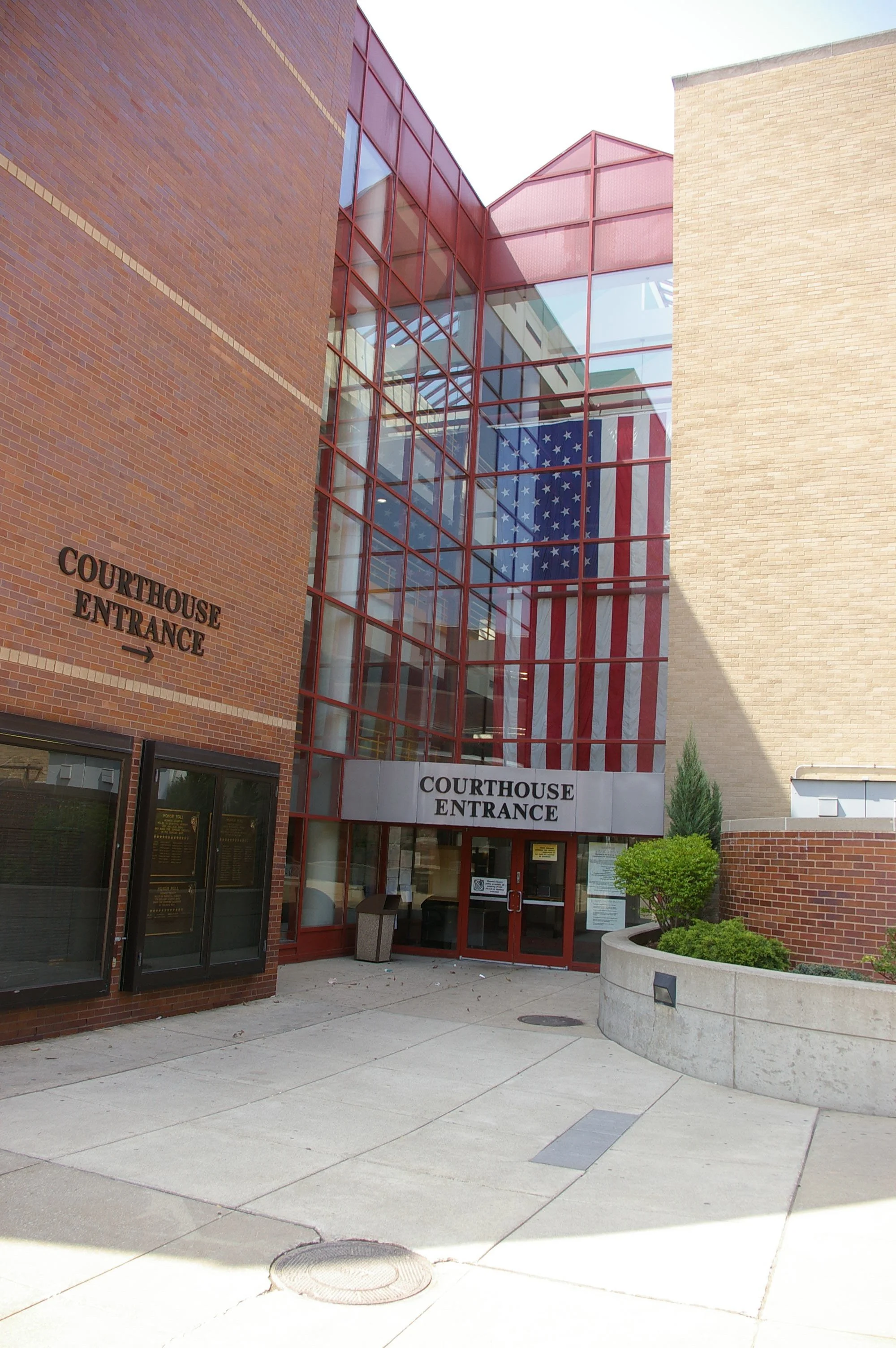Document & Title Review
Real estate document and title review is a detailed and thorough process designed to protect the interests of property owners and ensure the legality and marketability of real estate transactions. It often requires counsel to reference property histories spanning hundreds of years. Additionally, title review often requires a wide arrange of documents recorded in registers all across the state. Engaging an experienced real estate attorney is essential to navigate the complexities of property law and address any legal issues that may arise during the review process.
Real estate document and title review is a process conducted by experienced real estate professionals to analyze the legal documents associated with a property's title.
Document and title review often involves the meticulous review of a wide range of detailed legal documents. This comprehensive review is typically undertaken in various types of real estate transactions, including property purchases, sales, refinancing, and other transactions where a clear understanding of the property's legal status is essential. If properties are purchased after a tax foreclosure, there may be title defects which may have to be cured in order to clear title. Here's a breakdown of what the process entails:
Title Examinations: This involves obtaining and reviewing public records, including deeds, mortgages, liens, judgments, and other relevant documents. The attorney ensures that the chain of title is clear, identifying any potential issues such as conflicting ownership claims, encumbrances, or defects.
Document Review: A Michigan licensed attorney reviews all relevant legal documents to ensure they are accurate, comply with state and local applicable laws, and meet the objectives of the parties involved. This step is critical to identify any terms, conditions, or obligations that may impact the property's use or value.
Verification of Legal Compliance: Licensed counsel verifies that the property complies with zoning laws, land use regulations, and any other legal restrictions. This step is essential to identify potential issues that may affect the property's use or development.
Identification of Liabilities and Encumbrances: Thompson Legal can review financial documents, such as mortgages, tax liens, and other encumbrances, to assess the financial health of the property. This helps in determining any outstanding liabilities that may impact the property's marketability.
Resolution of Issues: If issues are discovered, our office works to resolve them through negotiations, legal documentation, or other appropriate means. This may involve obtaining releases of liens, curing title defects, or negotiating with relevant parties to clear any obstacles to the transaction.
Recommendations and Reporting: After your project is completed, our office prepares a detailed report outlining the results of the review, including any issues discovered, recommendations for resolution, and the overall legal status of the property. This information is crucial for the parties involved in the transaction to make informed decisions.
400 Monroe - 7th Floor
Detroit, MI. 48226
(313) 224-5850
Monroe County Register of Deeds
51 South Macomb Street
Monroe, Michigan, 48161
(734) 240-7390
1200 North Telegraph Road,
Building 12 E,
Pontiac, MI 48341
(248) 858-0581
FAQs about Document and Title Review in Michigan
Why is a title review important for real estate owners?
A title review is crucial to ensure that you have clear ownership of your property and that there are no hidden issues, encumbrances, or liens. It provides a comprehensive understanding of the property's history and helps prevent potential legal complications.
What is the purpose of a title review?
A title review aims to identify and address any existing liens, encumbrances, or legal issues associated with the property's title. It ensures that the property can be legally transferred without unexpected hindrances and that there are no unpaid debts against the property.
What documents are typically included in a title review?
A title review may involve the examination of various documents, including deeds, mortgages, easements, covenants, liens, and any other legal instruments affecting the property's title.
How does a title review benefit me as a property owner?
A title review provides peace of mind by confirming that the property's title is clear and marketable. It helps you make informed decisions about the property, whether you are buying, selling, refinancing, or dealing with other real estate transactions.
Can a title review uncover ownership issues or disputes?
Yes, a title review can uncover ownership issues, such as conflicting claims of title, unpaid liabilities, easement disputes, and ensuring that you are aware of any potential challenges associated with the property's title.
How long does a typical title review process take?
The duration of a title review can vary depending on factors such as the complexity of the property's history and the availability of relevant documents. Our team works efficiently to provide timely and thorough results.
What happens if issues are identified during the title review process?
If issues are identified, we work closely with you to address and resolve them. This may involve legal documentation, negotiations, or other appropriate actions to clear the title.
Can a title review uncover property boundary disputes?
Yes, a title review can reveal information about property boundaries and potential boundary disputes. It can also uncover any existing liens for unpaid liabilities which may be associated with the property. Resolving such issues is crucial for maintaining the integrity of your property rights.
Is a title review necessary when refinancing my property?
Yes, a title review is often a requirement for refinancing. It ensures that the new lender has clear and unencumbered security interest in the property.
How do I initiate a title review for my property in Michigan?
Simply contact our team, and we will guide you through the process. We'll gather necessary information, conduct a thorough review, and provide you with comprehensive insights into your property's title.
Can a title review uncover outstanding liens on my property?
Yes, a title review can identify any outstanding liens on the property, including mortgages, tax liens, or other financial obligations that may need to be addressed before proceeding with a transaction.
Is a title review possible for commercial properties as well?
Absolutely. A title review is essential for both residential and commercial properties. Commercial property transactions often involve complex legal issues, and a thorough title review is crucial for protecting your investment.
If you have additional questions or are interested in our title review services, please feel free to reach out to Thompson Legal. We are committed to providing comprehensive and reliable title review solutions for real estate owners across Michigan.
Please note that this FAQ is intended as a general guideline and should not be considered legal advice. If you have specific questions or need legal assistance related to title to real estate, it is advisable to consult with an experienced attorney who specializes in title matters.
-

Buying and Selling Real Estate “As Is” - What You Should Consider Before Signing
The "as is" clause in real property purchase agreements is a crucial provision that significantly impacts the rights and responsibilities of both buyers and sellers. Often viewed as a double-edged sword, this clause can provide flexibility and protection for sellers while posing potential risks for buyers. This article explores the implications of the "as is" clause and highlights what both parties should carefully consider when entering into real estate transactions.
-

Protecting Your Investment: The Legal Benefits of Using an LLC or Corporation for Rental Properties
One strategy that many real estate investors employ is the use of a Limited Liability Company (LLC) or a corporation to hold and manage their rental properties. In this blog post, we'll explore the legal benefits of placing your rental properties within an LLC or corporation.
-

Joint Real Property in Michigan: Ownership Overview
In Michigan, joint real property ownership can take various forms, each with its unique legal implications and considerations. Some property owners seek joint ownership for estate planning purposes, and others for liability protection. In this article, we'll delve into the most common types of joint real property ownership in Michigan to help you better understand this complex legal landscape.





